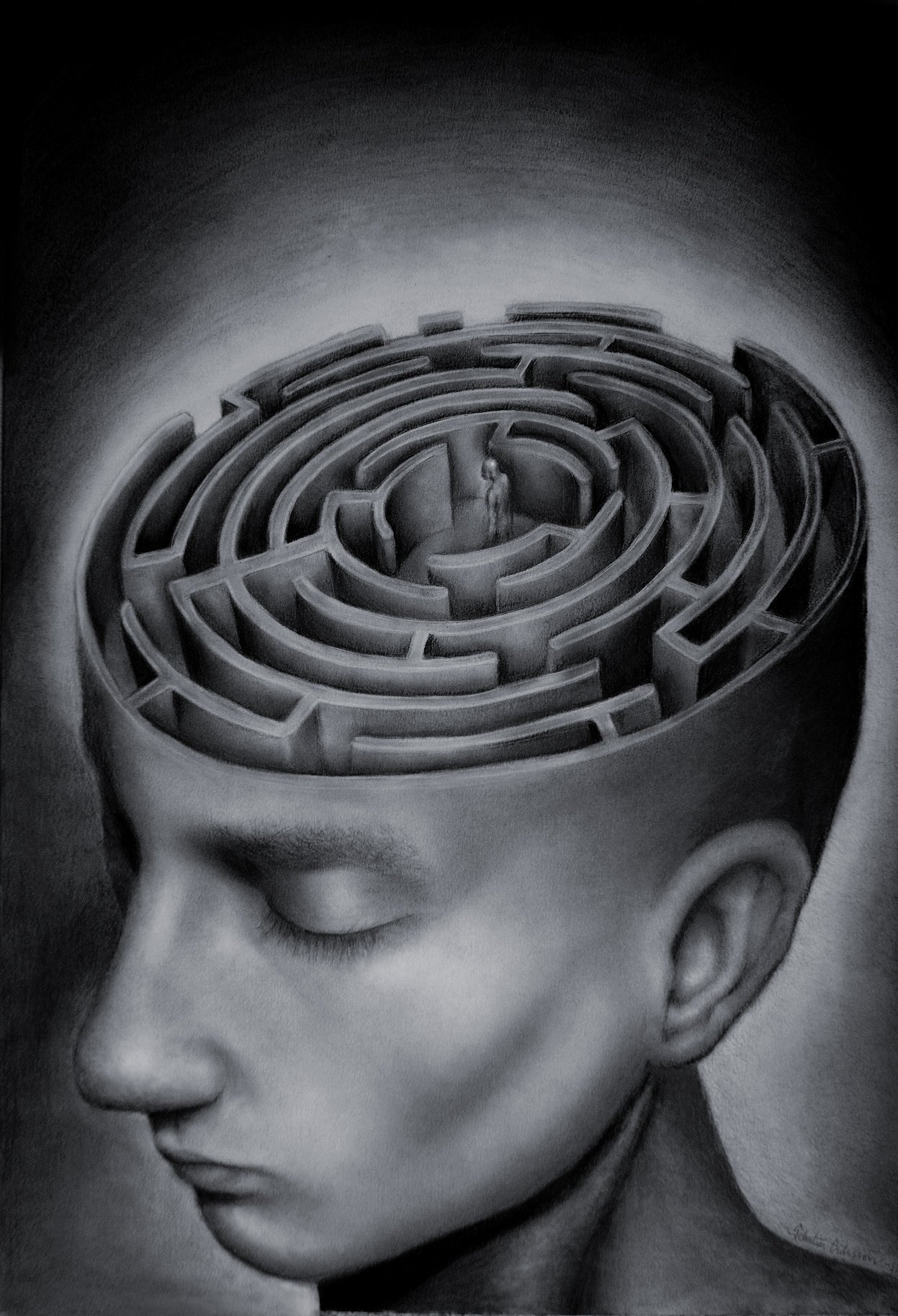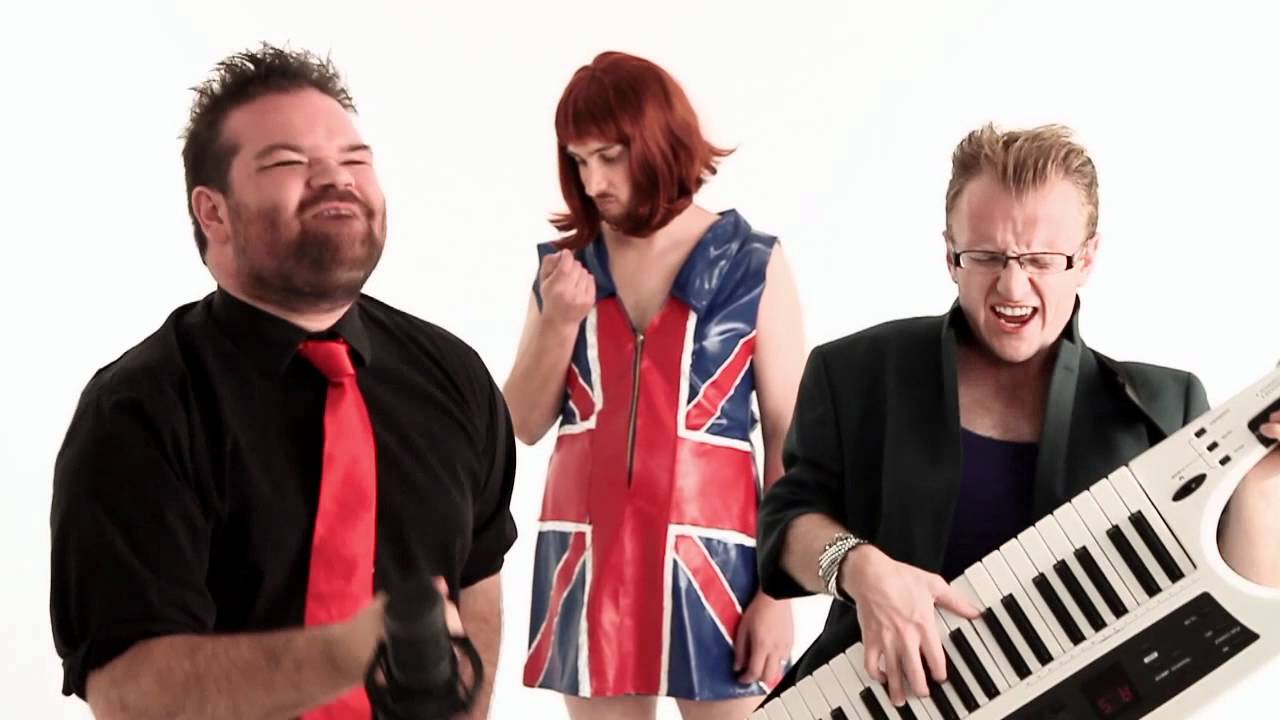Final Reflection
Let’s be honest.
This isn’t an easy class to sum up. Which is why we’re doing this assignment.
At first glance, I feel like I’m coming out of this class with pretty much the same ideas about literacy that I had coming in, so it’s sort of hard for me to find a starting point. But then I went back, and I read my first couple of blog posts. And I saw evidence of some pretty cringe-worthy ideas.
It seemed like the first couple weeks of the class focused on explaining that literacy was more than just learning the alphabet. We went through some interesting texts debunking conventional views of literacy, and flat-out mocking the idea of a “literacy crisis.” It was interesting stuff, and the articles had some neat ideas, but to me, it seemed obvious. I was kind of readying myself to sit through another one of those scholarly circle-jerks, where everyone agrees with everyone else about really obvious, one-sided ideas and concepts. But then we started going places.
The first thing that I remember really grabbing my attention was the idea of a literacy sponsor. All of the sudden, we could track the movement of literacy through a society, and this turned it into an actual science. I could look back and identify sponsors in my life, and I started to spot literacy sponsorship occurring in everyday situations. Another thing I really remember was a discussion about the scope of community based literacy, and whether or not that model allowed for mobility between communities. I remember Kim saying that we had run into one of the same problems that current literacy researchers were dealing with, and I thought that was super interesting, because that meant that seemed to give more weight to what was going on in the classroom.
Then we went into our book club groups, and again, it’s kind of hard to really explain what we learned from them. Between James Gee’s somewhat dense writing, and our groups chapter-each method of reading the book, I feel like I didn’t come away with as much as I could have. I do know, however, that Gee’s book could (and probably will) serve as an excellent resource in the future, and I’m glad I made the choice I did.
Article groups were pretty much the same, in that I didn’t really notice what I was learning. Thinking back, I did learn some very interesting things about the application of video games and gaming principles to a learning environment, but a lot of it is very conceptual.
Now, you may have noticed that I’m really not being very clear about what I learned in this class. That is because I’m not. I really don’t know. It’s near impossible for me to list off: “I learned about this, and this, and that.” But, after a lot of reflection, I’ve realized that the fact that I can’t point out what I learned made me learn something very important about literacy.
This class didn’t teach me by throwing facts at my face and hoping they’d stick. I wasn’t struggling through statistics, searching for an epiphany. I gained my knowledge about literacy principles in a slow, steady, hardly noticeable trickle. It wasn’t teaching and learning, it was thinking.
And that is what literacy is. It’s not the ABCs. It isn’t little Johnnie’s ability to spout knowledge, it isn’t a fact-based Jeopardy game, and I don’t even think it’s really about understanding how to navigate and understand a piece of text. Literacy is, at its simplest level, the ability to think. Which isn’t something that our current educational model is very good at teaching (don’t tell the Philosophy department I said that [or maybe do]). And if our educational system isn’t teaching future generations to think, something should probably change.
In my earlier, mid-way through the year reflection, I asked a big question: What do I do with this knowledge of literacy? How can I better education? And, somewhat surprisingly, I actually think that I have a concrete answer. I believe that our education system would be made better with less standardized structure. I believe a more free-form, thought-based education system (basically this class) would cause a great improvement in literacy practices, and would lead to an ultimately smarter society.
It really does surprise me that I actually managed to answer my question. The fact that I did, and the fact that I learned so much without even realized it, really speaks to the greatness of this course. Thank you all for participating in this extremely interesting learning experience. Best of luck in all of your future endeavors.
~SW




 Website:
Website: